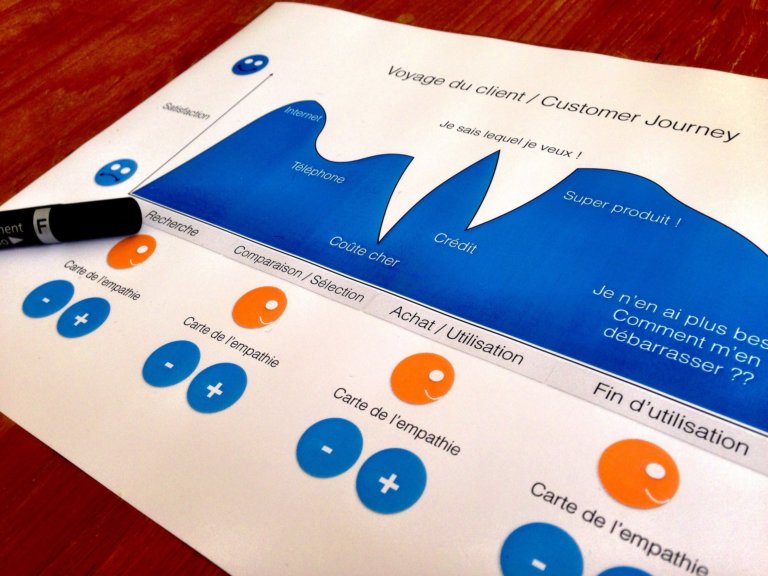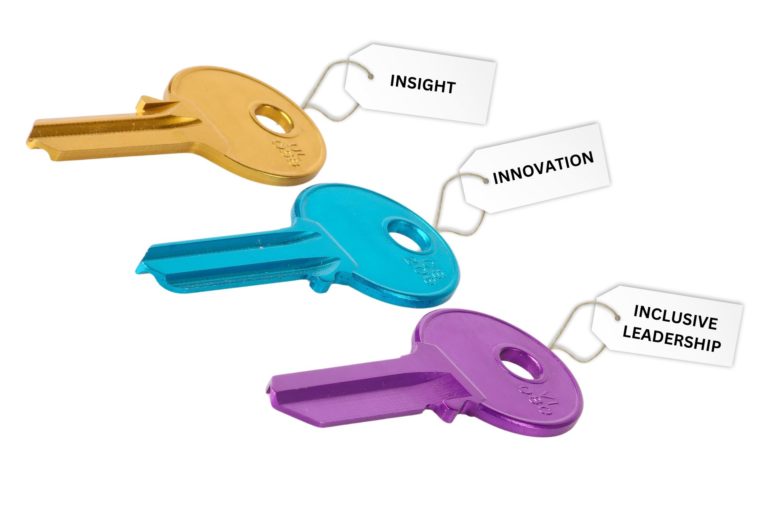I’d like to start this post with a story about some great leaders. As you know, I published my book Winning Customer Centricity a few years ago. And being the customer centric champion that I am, I wanted to ensure that people could buy it wherever they were and in whatever format they preferred.
This meant offering hardback, paperback and Kindle versions. It also involved recording an audiobook. Now you’re probably thinking, as I myself did going into it, “How difficult is it to read out loud?”
I went for my first day of recording with not much more preparation than getting my book printed off. What a mistake! Luckily we had technical problems and Tony Johnston, who helped me with the project, decided to redo the first part again a week or so later.
That extra time gave me the chance to do two invaluable things. Firstly, to get some coaching from two incredibly talented – and patient! – actors, Pamela Salem and Michael O’Hagan. Secondly, to better prepare myself by reading the book aloud several times, then marking it up with pauses, emphases and other notes, to make the recording more agreeable to the listener.
However, after successfully recording the first half of the book, I again fell back into my usual way of presentation mode on the second day, and Tony generously offered to re-record it. So I went back to my dream team of coaches and did some intensive voice training and exercises. And lucky for me – and Tony – it was third time lucky. You can judge for yourself by listening to a sample on Amazon.
By now, you’re probably thinking “Nice story Denyse, but what does all of this have to do with me and my business?”
It’s a great question; let me answer it by saying “A lot!” Read on, to find my easily applied learnings that will make your leadership style more efficient and effective, no matter what industry you work in. And in addition, by adopting all seven behaviours, you will be portraying a more customer centric style and become a great leader yourself.
1. We should never stop learning
As we rise in the corporate world, we seem to forget that we don’t know it all! We sometimes even think that we should have all the answers, or worse still, believe that we do!
I’m often quoted as saying:
“A day without learning is a day without living”
It’s vital that we continuously strive to keep learning and challenging our everyday habits and behaviours. Lifelong learning should be everyone’s mantra.
This has become increasingly important because technical advances are coming almost daily, so we must constantly rethink how we work. We should adapt and integrate those technologies that could improve our business processes.
BONUS: #8 Prepare for the Unthinkable
I would encourage all leaders to revise their vision considering these seven points.
But I’d like to add a bonus idea that will truly impact the success of an organisation by preparing it for future challenges. And we all know that the world is constantly changing and usually not in the ways we expect.
To face such uncertainty, I tell my clients that they should not be content with following the latest fads and trends. Everyone is doing the same thing, so there is no real competitive advantage in doing so.
Instead, I encourage them to work with future scenario planning; and you should too. I will be sharing my 10-step process in an upcoming post so I suggest you watch out for it if you want to learn more about the topic.
These are just a few of the ways that the great leaders I have had the privilege to meet and advise, make a real difference in their organisations. I hope you have been inspired to make a few changes in your own thinking.






